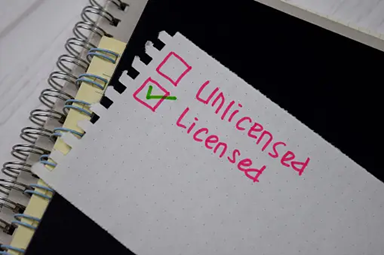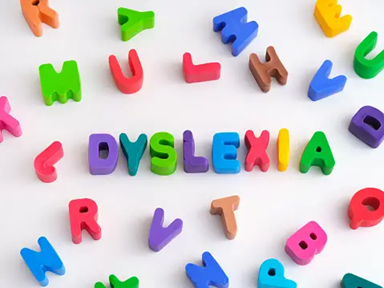More Arkansas school districts hiring unlicensed teachers to cope with staff shortage – By Antionette Grajeda, Arkansas Advocate
One in 12 educators working in Arkansas public schools are unlicensed or teaching outside of their certification area.
That number has more than doubled in the last seven years, an Advocate analysis of state data found, as districts have used additional licensure exceptions to cope with teacher shortages.
Research is mixed about what this trend means for students, but studies have found that certification status isn’t necessarily the best indicator of a teacher’s effectiveness.
What is clear: Some schools in the state couldn’t hold classes without the ability to hire unlicensed or under-certified teachers thanks to declining populations and a dwindling educator pipeline.
The number of U.S. education students declined by about a quarter of a million between 2008 and 2020, but that decrease is leveling out, according to Education Week. Arkansas saw a 49% decline in teacher-preparation program enrollees from 2008-2021.

School facilities bill advances. Here’s what it would do for various districts – By Ryan Suppe, ID ED News
The Pocatello-Chubbuck School District could get the funding it needs — or close to it — to rebuild a high school crippled by a fire last year.
A bill nearing its final hurdle in the Legislature would direct $43 million to Pocatello-Chubbuck, as part of $1 billion in state bonds dispersed to school districts. The Senate Local Government and Taxation Committee overwhelmingly voted Tuesday to send the bill to the Senate floor, recommending that it pass.
But many other districts won’t reap the same level of benefit from House Bill 521, which would divide funds through an attendance-based formula. Districts could take the funds in a lump sum or in annual installments over a decade.
The Shelley School District also needs money for a new high school, after voters last year rejected a $68 million bond measure to pay for it. Shelley’s $10 million lump sum from HB 521 wouldn’t fund construction of an elementary school, let alone a high school.
Instead of high-dollar capital projects, most districts likely will use the new funds for ongoing maintenance costs — and school leaders say they’re appreciative of that.

A Florida bill would give high school dropouts a second chance at a college education – By Adrian Andrews, WFSU Media
The Florida Senate on Wednesday passed a proposal that would create a special grant program that give high school dropouts in Florida, a free ride to any public college or career center in the state.
The measure (SB 7032) establishes the Graduation Alternative to Traditional Education, or GATE, program within the state Department of Education.
"Students who have withdrawn from high school have far fewer postsecondary and financial opportunities than a student with a high-school diploma," bill sponsor Sen. Erin Grall, R-Vero Beach, said.
The bill exempts students that are enrolled in the GATE program from paying "tuition and specified fees, and the costs of instructional materials." Students can also join a career center at no charge.

Dyslexia bills advance in Michigan legislature with some changes – By Hanna Dellinger, Chalkbeat
Legislation that would require Michigan schools to use a reading curriculum and interventions for students with dyslexia that are backed by science has taken a different shape to satisfy school administrators who questioned the timeline in the bills.
The Senate Education Committee voted Feb. 20 to update two proposed bills to push back key compliance deadlines, clarify the types of classroom instruction that would be allowed, and adjust requirements for teacher preparation programs.
The amended bills are slated to go to the Senate floor for a vote. If passed, the bills would then go to the House.
The legislation, which is geared toward helping students with dyslexia, would also benefit all students learning to read, supporters say. The bills would make school systems and colleges use the “science of reading,” or early literacy instruction that emphasizes phonics along with building vocabulary and background knowledge.











